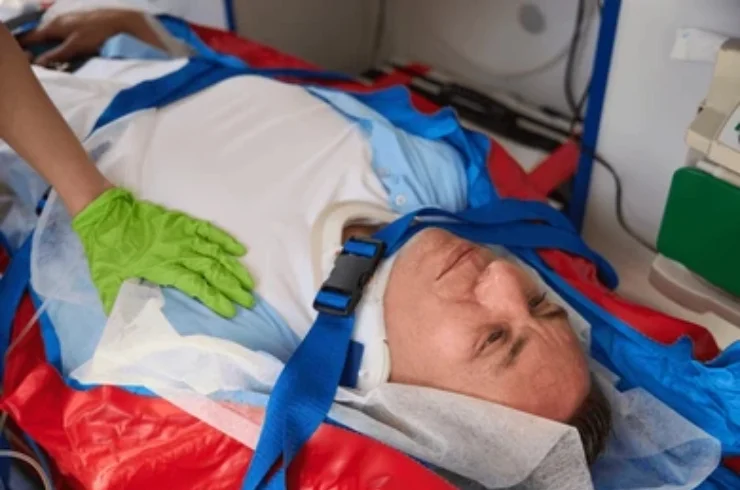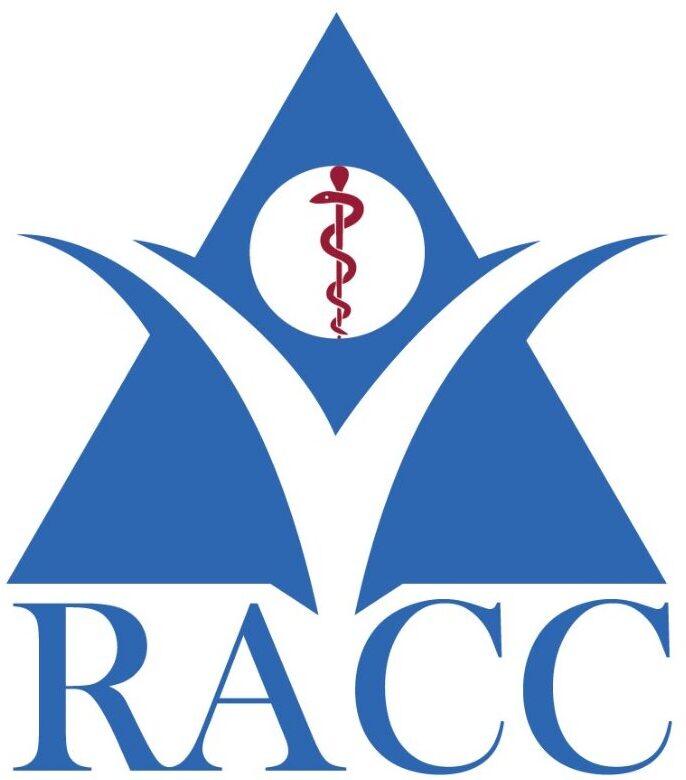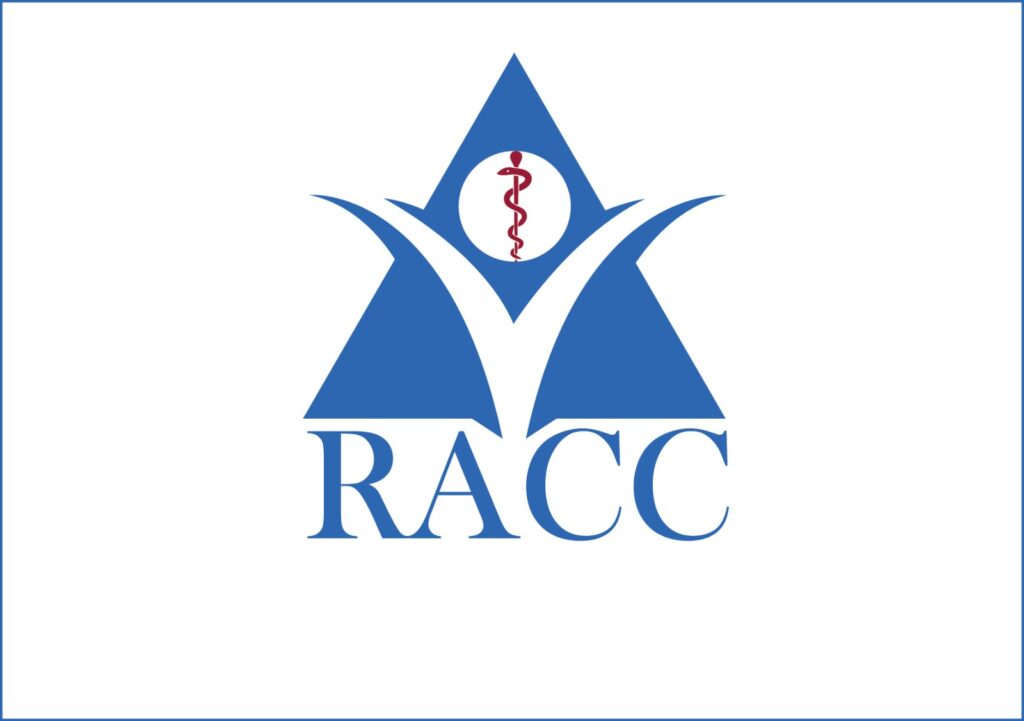
Poly Trauma: Immediate Care for Complex Injuries at RACC ICU
Poly trauma refers to multiple, often severe injuries affecting various body parts, usually as a result of accidents, falls, or violent incidents. These injuries can involve different systems of the body, such as the skeletal, respiratory, circulatory, and nervous systems, making them highly complex and life-threatening. At RACC ICU, we are equipped to provide immediate, advanced care for poly trauma patients. Our expert team of trauma surgeons, intensivists, and emergency medicine specialists works together to stabilize patients as quickly as possible, prioritizing life-threatening injuries and ensuring that the patient’s overall condition is managed holistically. Early intervention is crucial in poly trauma cases, and we use state-of-the-art diagnostic tools, such as CT scans and X-rays, to assess the extent of injuries and guide treatment decisions.
Comprehensive Treatment and Surgical Intervention for Poly Trauma Patients
Treatment for poly trauma patients requires a highly coordinated and multidisciplinary approach, as multiple injuries need to be addressed simultaneously. At RACC ICU, our trauma care protocol begins with rapid assessment and stabilization of vital functions—such as airway, breathing, and circulation—before moving on to more detailed examinations of injuries. Depending on the severity of the trauma, surgical intervention may be necessary to treat fractures, internal bleeding, organ damage, or brain injuries. Our ICU is equipped with cutting-edge monitoring systems and life-support devices to manage critical conditions, including shock, respiratory failure, or organ dysfunction. In addition, we provide pain management, wound care, and advanced life support to ensure that patients receive the highest standard of care during their recovery process.
Recovery and Rehabilitation After Poly Trauma at RACC ICU
Recovering from poly trauma can be a lengthy process, requiring not only medical treatment but also physical and psychological rehabilitation. After stabilizing the patient, the next phase of care at RACC ICU focuses on rehabilitation to help the individual regain function and improve quality of life. Our team works closely with physical therapists, occupational therapists, and psychologists to support recovery from both physical and emotional trauma. This may involve mobility training, exercises to strengthen muscles, and coping strategies for patients dealing with trauma-related stress or anxiety. We also closely monitor for potential complications such as infections, deep vein thrombosis, or post-traumatic stress disorder, which can arise during the recovery process. At RACC ICU, we are dedicated to providing comprehensive care and support to ensure the best possible outcomes for patients recovering from poly trauma.


